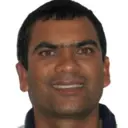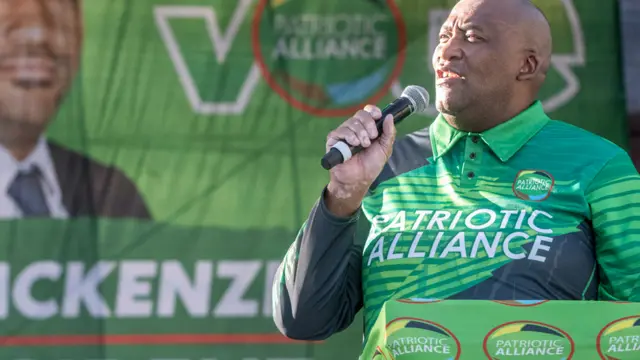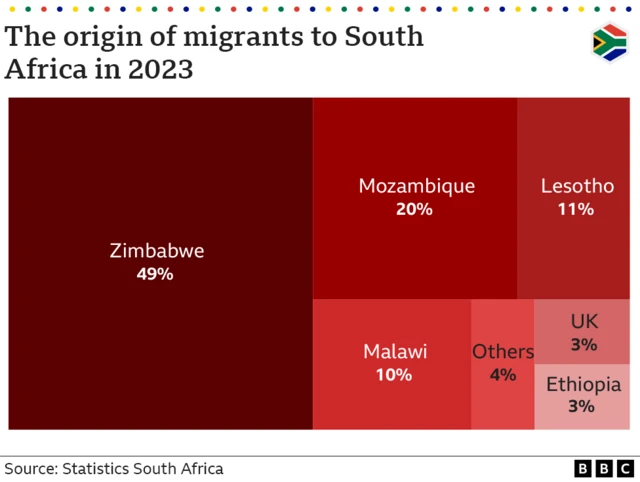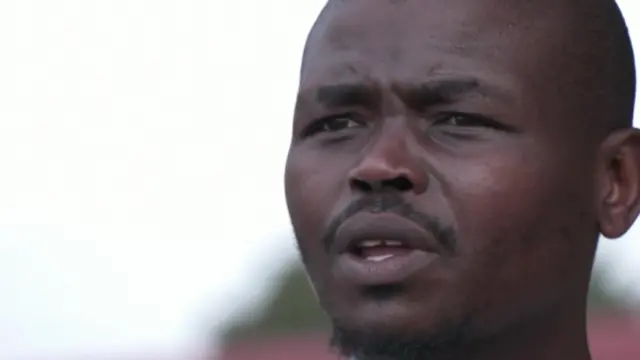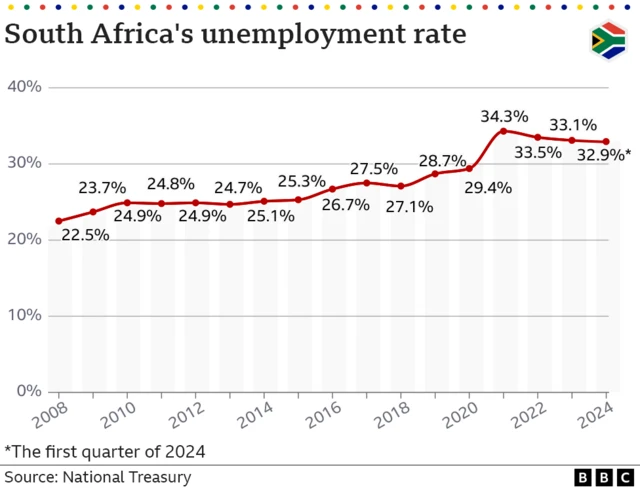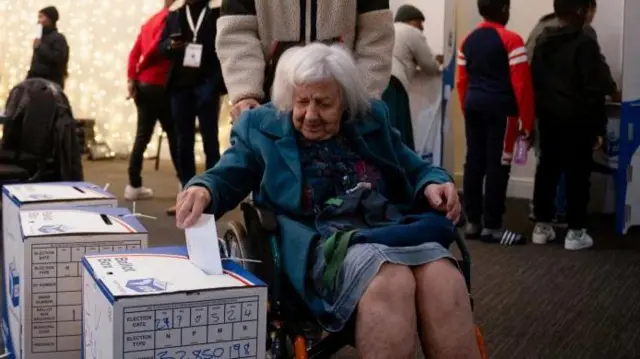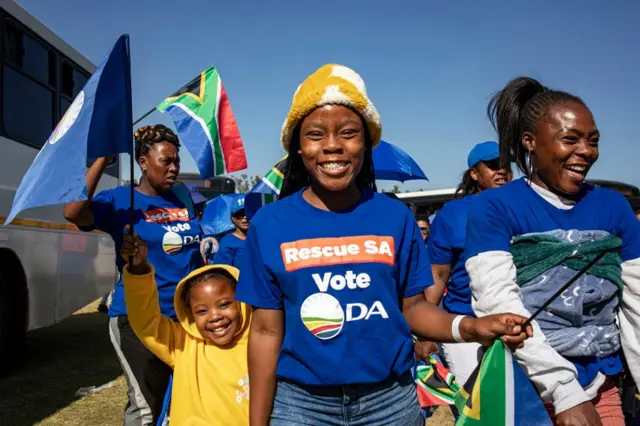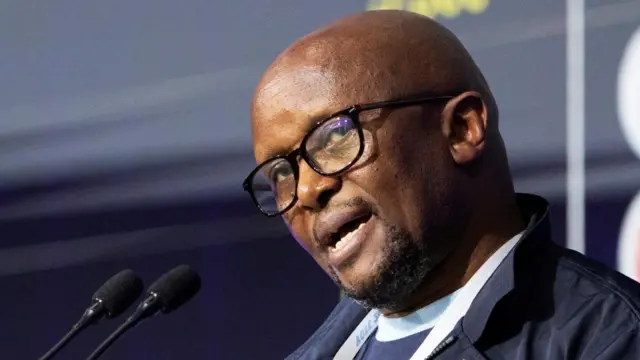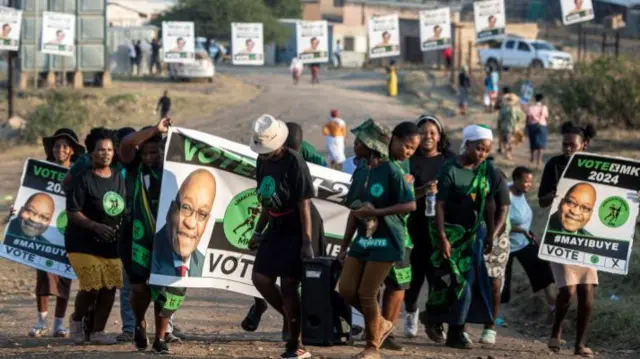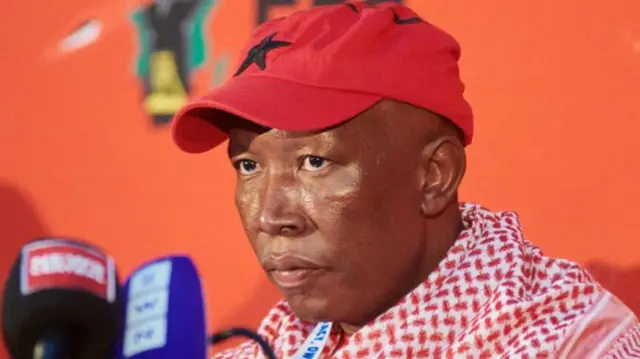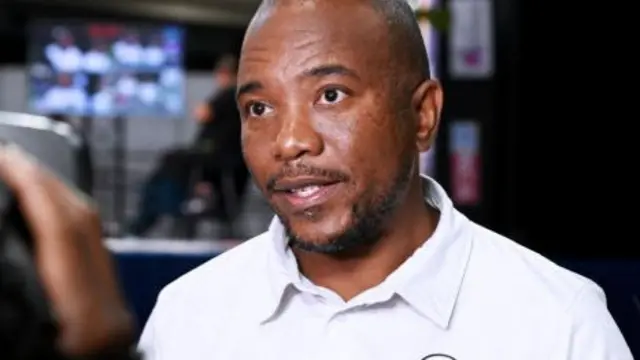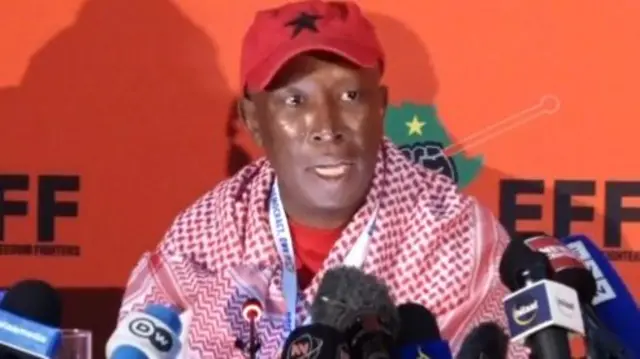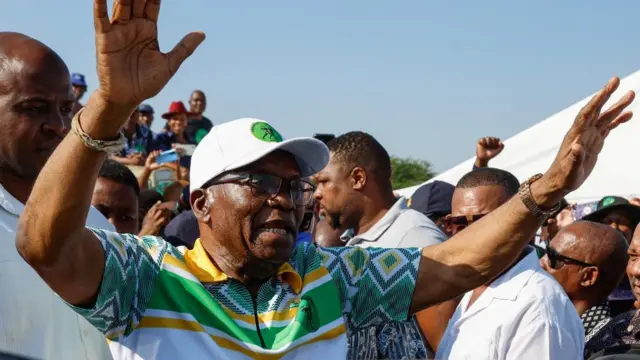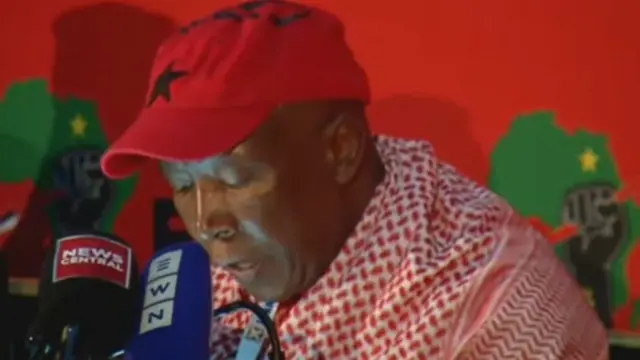We're pausing our coveragepublished at 18:46 BST 1 June 2024
That's it from us for now - we'll resume our coverage of these momentous results on Sunday, when we expect the electoral commission to announce the final results, after addressing any complaints filed by the parties.
We're also expecting to hear exactly how many seats each party has got in the 400-seat National Assembly.
The president and government should enjoy the support of at least 201 of those MPs.
A reminder of where we stand:
- With 99.76% of the results in, the ANC has got about 40% of the vote
- This is the party's worst result since 1994 when it won the country's first multi-racial elections and Nelson Mandela became the country's first black president
- Since then, it has always enjoyed the support of more than 50% of South African voters
- This means it will have to share power with one or more parties
- The centre-right Democratic Alliance is second with 22%
- The MK party of former President Jacob Zuma is third with 15% - it says it could not work with President Cyril Ramaphosa
- The ANC is currently considering its options, as are the other parties
In the meantime, you can find any updates at BBCAfrica.com.
